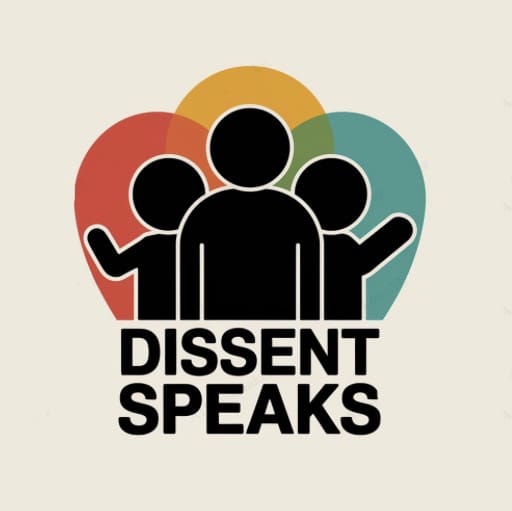In a series of unprecedented moves that have sent shockwaves through the international aid community, Elon Musk has launched an aggressive campaign to shut down the United States Agency for International Development (USAID). These actions, far from being isolated incidents, appear to closely align with the radical restructuring proposed by Project 2025, a conservative policy blueprint that envisions a dramatic transformation of the federal government.
The Aggressive Takeover
The situation reached a crisis point when members of Musk’s Department of Government Efficiency (DOGE) team attempted to access classified USAID systems without proper security clearances. This led to the suspension of two senior security officials – John Voorhees and his deputy – who initially refused access to these sensitive areas (AP News). The confrontation escalated when DOGE representatives threatened to call in the U.S. Marshals Service to force their way in (POLITICO).
Musk’s public statements have been equally aggressive. On his social media platform X, he declared “USAID is a criminal organization. Time for it to die,” and claimed it was “a viper’s nest of radical-left marxists who hate America” (POLITICO). These inflammatory remarks came as the agency’s website went dark and its social media accounts were deleted.
Project 2025’s Blueprint
These actions closely mirror the recommendations laid out in Project 2025’s “Mandate for Leadership: The Conservative Promise.” The Heritage Foundation’s document specifically calls for:
- Stripping USAID of its independent status
- Placing it firmly under State Department control
- Scaling back its global footprint
- Replacing career civil servants with politically loyal appointees
The parallels between these recommendations and current events are striking. What we’re witnessing isn’t just an impromptu restructuring but rather the systematic implementation of a pre-planned agenda.
The Human Cost
The immediate impact of these actions has been severe. According to TIME magazine, aid organizations worldwide are facing impossible choices:
- Child nutrition clinics in impoverished countries are uncertain whether they can continue operating
- School lunch programs have been forced to dispose of hundreds of thousands of dollars worth of food
- Health clinics for pregnant mothers in Haiti face potential closure
- Programs helping Venezuelan migrants remain in South American countries rather than heading to the U.S. border have been paused
National Security Implications
The dismantling of USAID poses significant risks to U.S. national security interests. As Senator Chris Coons noted, “Our biggest global competitor and adversary is delighted that we’ve handed them an opportunity to say to communities and countries around the world that we are not a reliable partner” (TIME). This creates a vacuum that rivals like China can readily fill with their own development programs.
Legal Questions
The legality of these actions remains highly questionable. Senate Minority Leader Chuck Schumer has emphasized that the president cannot unilaterally eliminate a congressionally appropriated federal agency (POLITICO). The unauthorized access to classified systems by Musk’s DOGE team raises additional legal concerns regarding federal security protocols and executive overreach.
The Broader Pattern
These events represent more than just an attack on one agency. They demonstrate how Project 2025’s vision is being implemented in real-time, with Musk serving as a key executor of this agenda. The targeting of USAID appears to be a test case for broader changes envisioned by the project, potentially setting precedents for similar actions across other federal agencies.
Looking Ahead
The dismantling of USAID would have far-reaching consequences:
- Disruption of humanitarian aid to millions of vulnerable people worldwide
- Weakening of U.S. soft power and diplomatic influence
- Creation of power vacuums that rival nations could exploit
- Potential destabilization of regions where USAID programs help maintain stability
- Loss of decades-worth of institutional knowledge and expertise
Conclusion
The current assault on USAID represents a critical juncture in U.S. foreign policy and governance. While presented as an efficiency measure, the actions being taken closely follow Project 2025’s blueprint for radical government transformation. The implications extend far beyond just one agency, potentially reshaping America’s role in global development and humanitarian assistance for years to come.
As this situation continues to unfold, the international community watches with growing concern. The fate of USAID may well serve as a bellwether for the future of American foreign assistance and the broader role of the United States in global affairs.
Sources: POLITICO, AP News, TIME Magazine, Der Welt

